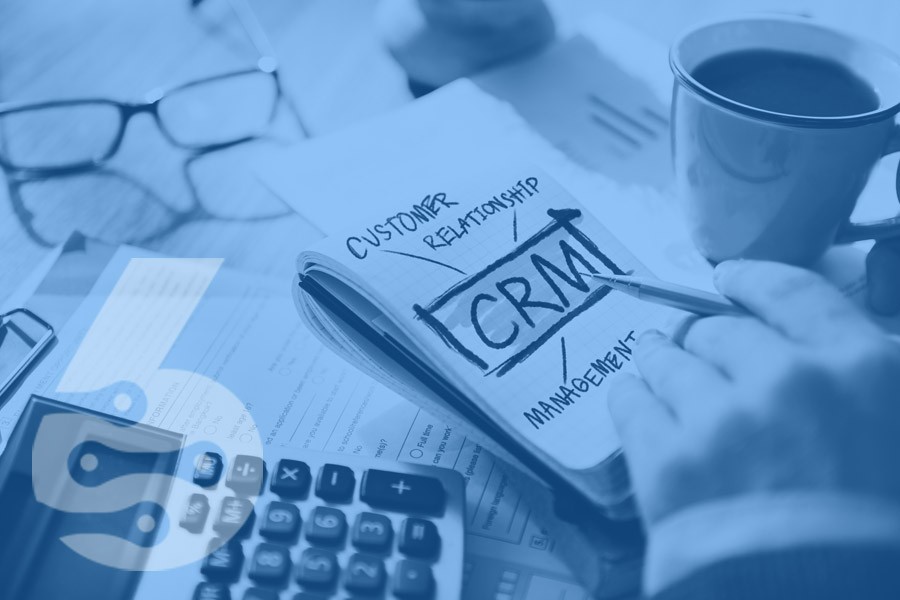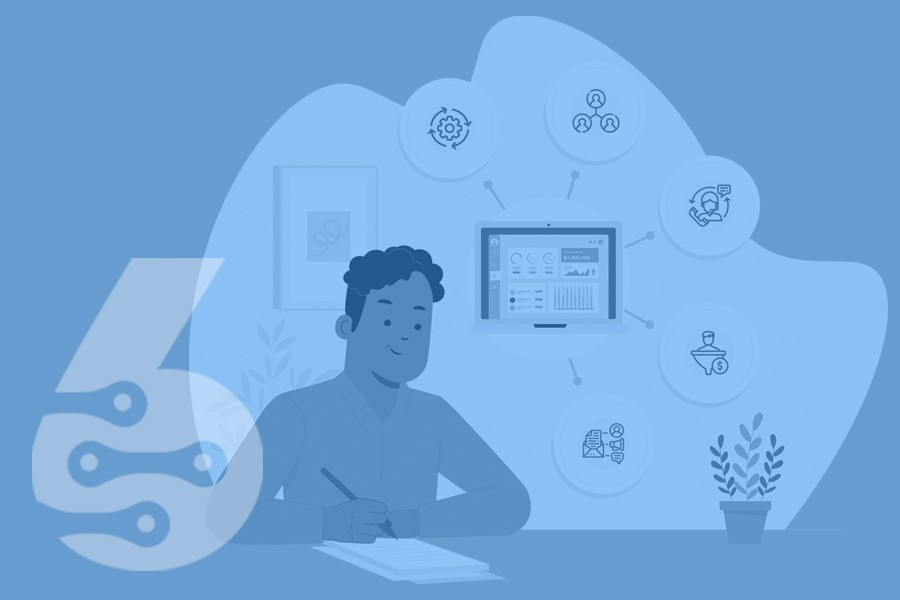Free on Board, or FOB, is a term used in shipping to define when the product's ownership transfers from the seller to the owner. The transfer of ownership typically occurs when the product leaves the seller's premises but can also occur at other points in the shipping process, such as when the product is loaded onto the buyer's transport. FOB can also be used to define who is responsible for paying shipping costs. In most cases, the seller is responsible for shipping costs up to FOB, and the buyer is responsible for shipping costs after that point.
There are many variations of FOB, so it's important to clarify which one is being used before entering into a contract. The most common interpretations include FOB shipping point, destination, and origin.
- FOB shipping point means that ownership of the product transfers to the buyer when it leaves the seller's premises, regardless of whether the buyer is paying for shipping. In this case, the seller ensures that the product is adequately packaged and insured for shipping.
- FOB destination means that ownership of the product only transfers to the buyer once it arrives at its final destination. This is often used when the buyer is paying for shipping. In this case, it's up to the seller to ensure that the product arrives safely and on time.
- FOB origin means that ownership of the product transfers to the buyer as soon as it leaves the seller's premises. This is often used when the seller is paying for shipping. In this case, it's up to the buyer to ensure that the product arrives safely and on time.
It's essential to clearly define which variation of FOB is being used before entering into a contract, as it can significantly impact who is responsible for shipping costs and the risk of damage during shipping.

Related Blog Articles

The Beginner’s Guide to CRMs: How to Use a CRM for Your Business
A CRM, or Customer Relationship Manager, is software that helps businesses manage and organize customer data. But that's just the beginning – a CRM can also help businesses automate tasks, track leads and sales opportunities, and more. In short, a CRM is one of the biggest untapped potentials for businesses today.If you're not using a CRM yet or using one but not getting the most out of it, this guide...
CRM Systems for SMEs
As a business owner, you know the importance of managing customer relationships. An effective Customer Relationship Management (CRM) system is essential for any small to medium-sized enterprise (SME). CRMs enable businesses to store and manage customer data, track sales leads, and automate marketing campaigns from one central location.With a CRM system, SMEs can eliminate manual processes associated with managing customers, such as relying on salespeople’s notes or spreadsheets, instead of...
Understanding Customer Relationship Management (CRM)
If you want to run a successful business, it is essential to have a sound customer relationship management system or CRM in place. A CRM can help you keep track of your customers, their needs and wants, and how to best serve them. There are many different CRMs out there, so it is essential to find one that will work well for your business. This blog post will discuss implementing...Related SIX ERP Solutions:
Related SIX ERP Features:
Want to see SIX for yourself?
Need help, have questions or want to get a free demo?
Please read our Privacy Policy on how we process personal data. We will never share your data!



